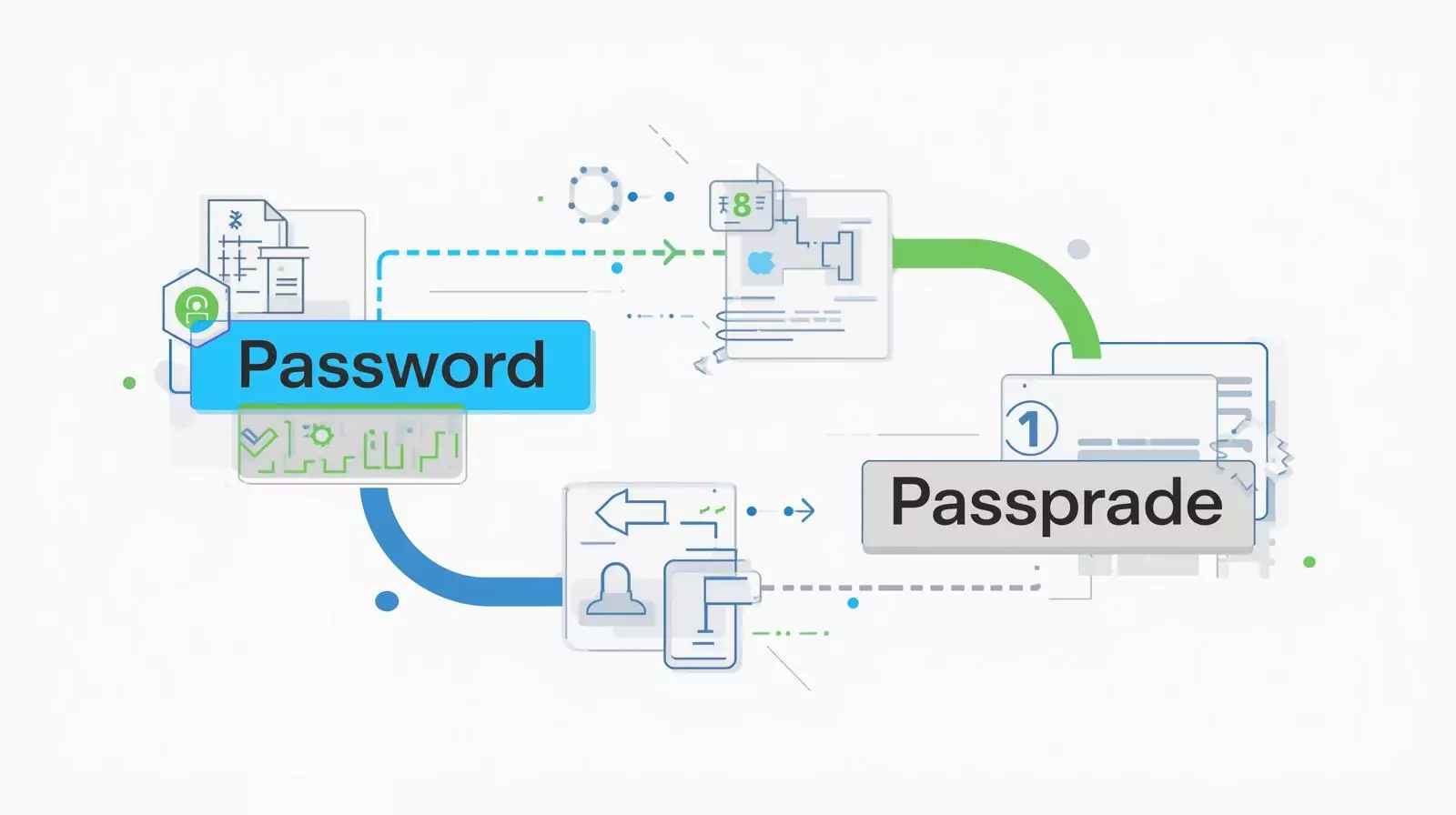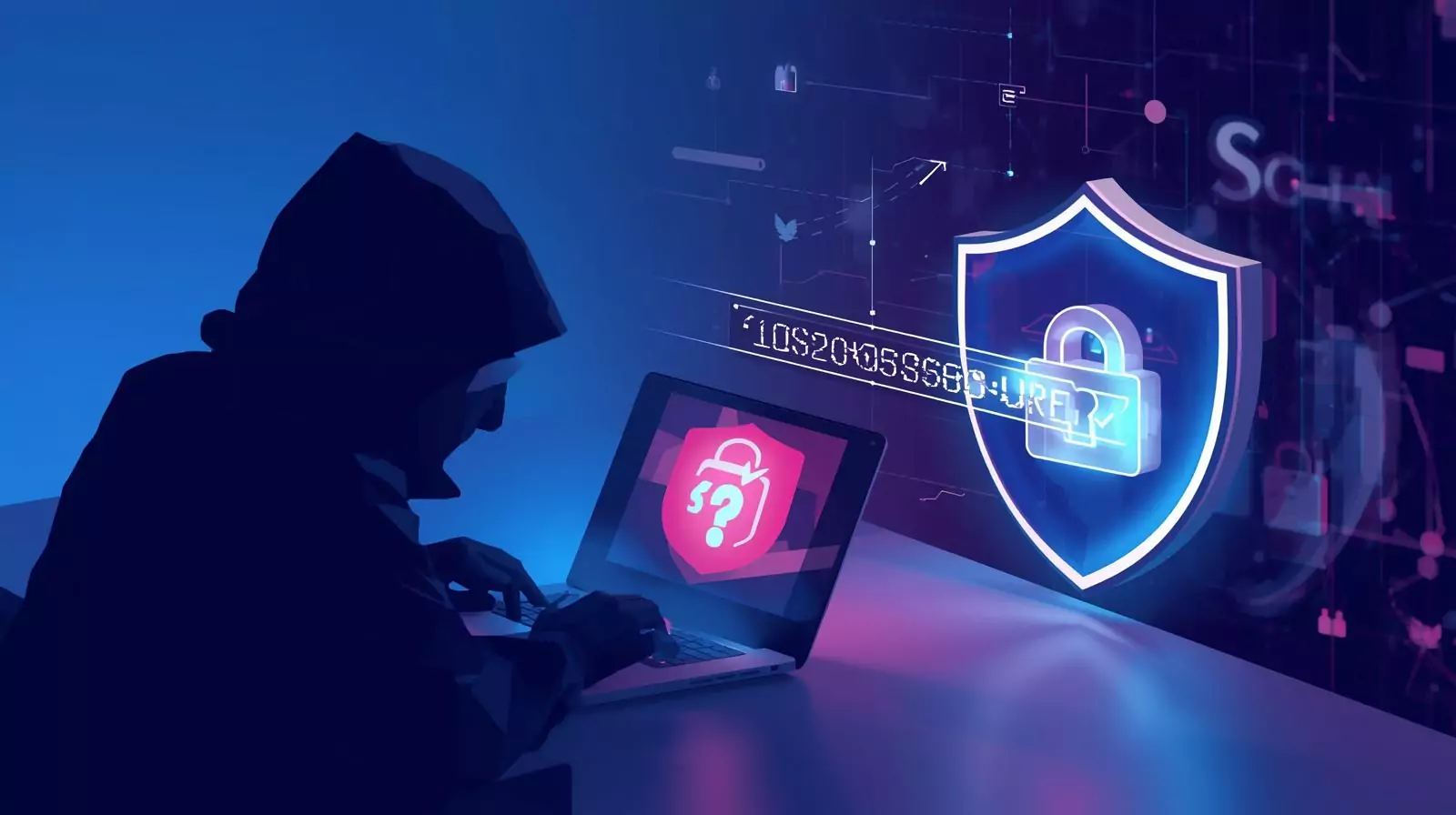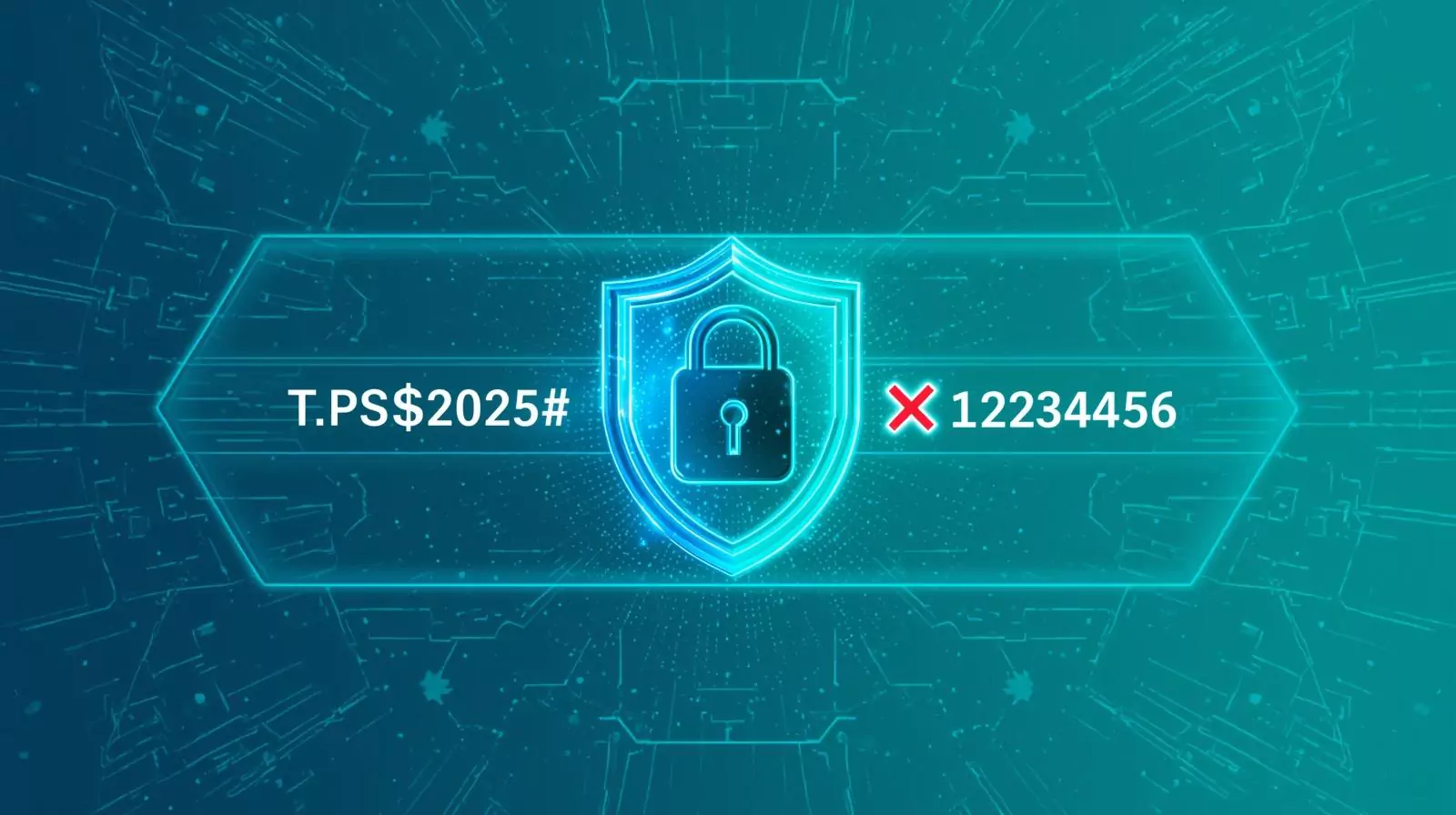Protecting a social media account or your digital presence is very important. As this tech-advanced world is growing, strong passwords are necessary for preventing hackers to stay away from accessing your banking and other apps. However, there are many options to secure your accounts, i.e., password managers, random password or passphrase, and more.
This article helps you to understand the distinctions between random passwords and passphrases so you may choose which one better safeguards your digital life and know how to generate passwords that genuinely protect it.
Table of Contents
ToggleWhy Is Password Protection Important?
Cybercriminals try every day to obtain financial records, sensitive data, and personal information. Hackers are openly welcomed to violate accounts using dictionary attacks or brute-force attacks by means of weak passwords. Strong, unique passwords greatly lower this risk, but the issue still persists: what kind of password is most successful?
Knowing the distinction between random passwords and passphrases enables you to make wise decisions that improve your internet security. Knowing the advantages and drawbacks of each approach is essential, whether you’re developing a new password using a random password generator or designing a memorable but secure passphrase password generator.
What is a Random Password?
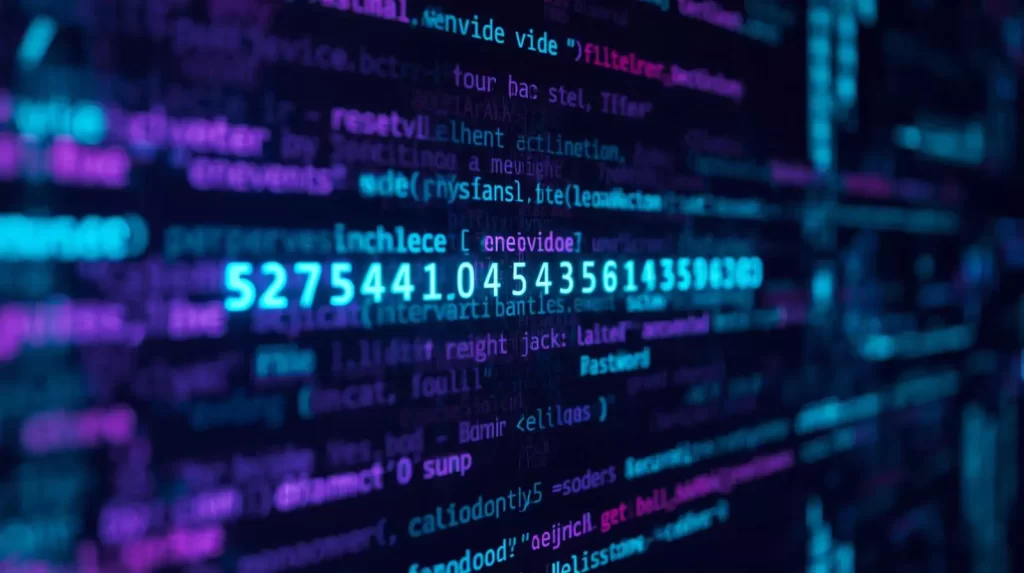
Usually comprising numbers, lowercase and uppercase letters, and special symbols, a random password is a string of characters generated randomly. Often employed in security systems needing great levels of protection, these passwords are meant to be erratic.
How are Random Passwords Generated Work?
Algorithms generate random passwords by choosing characters at random from a set of possibilities. For instance, G7#kL2!pQ8 is a perfect example of a robust random password. Many users use tools like a random password generator to create these passwords quickly.
Benefits of Random Passwords
- High Information: High entropy characterizes random passwords; hence, they are extremely challenging for attackers to estimate or decrypt.
- Easy Interface: Online utilities or password managers let you swiftly create challenging passwords.
- Uniqueness: Every password is distinct, lowering the risk should one service be compromised.
Weaknesses of Random Passwords
- Memorability: Difficult to remember random passwords could cause someone to write them down or save them insecurely.
- Management: Unless you use a password manager, keeping track of several difficult passwords can be difficult.
What Is A Passphrase?
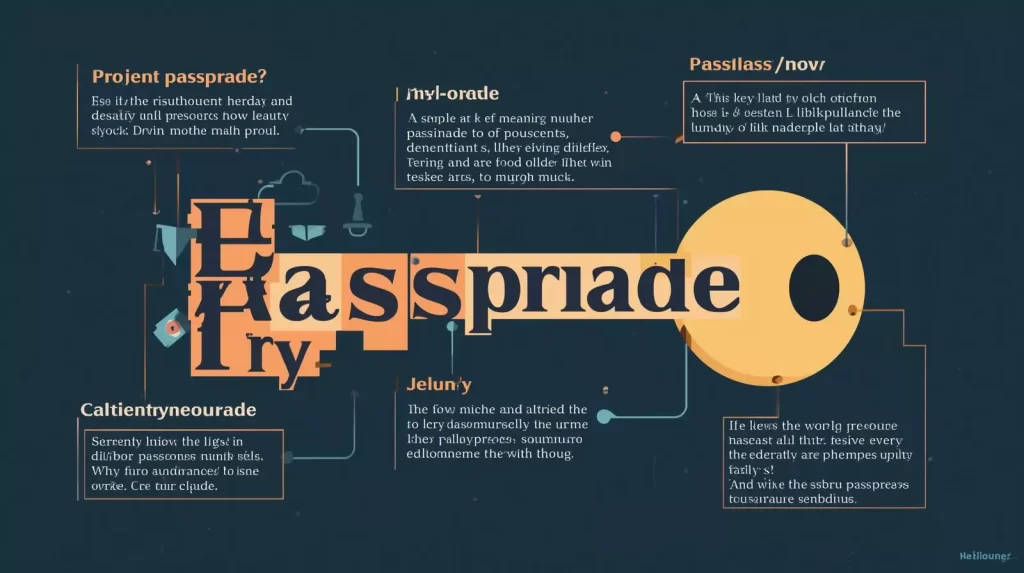
When created appropriately, a passphrase is a succession of words or a sentence that is simpler to memorize but may be as safe as a random password. Think of it as a concise tale or line you may remember with great ease.
How Are Passphrases Produced?
Many times, made up of several random words combined, such as CorrectHorseBatteryStaple, passphrases. Alternatively, you might invent a sentence-like phrase meaningful to you but hard for others to predict, such as MyDogEats2BigBurgersEveryDay!.
Benefits Of Passphrases:
- Memorability: Passwords are more memorable than arbitrary strings.
- User-Friendly: Less likely to be written down insecurely, especially if they are meaningful but unpredictable. Shorter passphrases remain user-friendly while offering great security.
Disadvantages of Passphrases
Predictability: Common expressions or patterns can be vulnerable if used.
Short or basic passphrases can be cracked more readily, therefore underlining the need for length and randomness.
Which Is More Secure: A Passphrase or A Random Password?
This is a typical question that depends on how each is made. Generally:
- Given their fundamental unpredictability and high entropy, random password or passphrases are usually more secure.
- If long enough, made up of random words, and not derived from familiar phrases, passphrases can be just as secure.
Which Of These Choices Should You Use?
A random password created via a strong password or random password generator might be perfect if remembering difficult strings is natural. Particularly well suited for high-security systems like email or banking.
A memorable sentence, carefully created, or a passphrase combining several random words can offer strong security without the trouble of password management if memorability is important to you.
How to Generate Powerful Passphrases and Passwords
Tips for Generating a Strong Random Password:
- Employ a random password generator.
- Make sure the password has a minimum of 12 characters.
- Use a mix of symbols, numbers, uppercase, and lowercase letters.
- Avoid customary vocabulary or patterns.
- Advice for Creating a Secure Passphrase
- Utilize 4 to 6 random words not linked by conventional idioms.
- Include symbols or digits inside the phrase.
- Make it at least sixteen characters long.
- For ideas, use a passphrase password generator.
Conclusion
Your demands for memorability versus security will determine between a passphrase or a random password. Highest volatility comes from random passwords, especially those created with a random password generator, but they can be hard to recall. Generated with a passphrase password generator, passphrase strikes a middle ground between security and usability.
Combine these techniques for maximum protection: handle difficult passwords with a password manager and establish strong passphrases for accounts where password remembering is more realistic. Recall that the best password is one you can handle that is also safe.
Knowing these possibilities will help you to safeguard your internet presence today by selecting the approach most suited to your security needs. For more information about random password vs. passphrase, Create Random Password is available with a lot of options to secure your online accounts.
Frequently Asked Questions
Q1: Is a passphrase more secure than a password?
Not necessarily. If it is lengthy, contains random words, and is not based on expected phrases, a passphrase can be just as safe as a random password. Complexity and length are crucial.
Q2: Are simple passwords readily broken?
Yes, Like "password123" or "mydog," short or typical passphrases are susceptible. To increase security, always strive for at least 16 characters using random elements.
Q3: Should I use a password manager?
Definitely. Storing and creating strong, unique passwords everywhere is simpler thanks to a password manager, which also safely stores and produces passphrases.
Q4: How I can Remembering my passphrases?
Select phrases or words that are significant but not clear to others. Making a tale or mental image can aid in remembering longer passphrases.

